SUMMARY
This is AI generated summarization, which may have errors. For context, always refer to the full article.
The government’s immediate recovery measure for the COVID-19 pandemic will suspend for 3 years many of the permits required of telcos to build cell towers, Senate Minority Leader Franklin Drilon said on Saturday, August 15.
The bicameral conference committee of the Senate and the House of Representatives adopted Drilon’s proposed provision “to suspend certain permits, except the building permit,” for telco towers in the Bayanihan to Recover as One Act (Bayanihan 2), he said.
The bicameral panel began meeting on Friday, August 14, to reconcile disagreeing provisions in the Senate’s and House’s versions of Bayanihan 2.
In case homeowners’ associations of private subdivisions oppose the building of a telco tower, the barangay council may call a referendum on the matter, Drilon said in a statement on Saturday.
Telcos are currently required to secure 29 to 35 documentary requirements and permits for every cell tower they propose to build, Drilon added. Those include the consent of the neighbors, barangay resolution, certificate of non-coverage, zoning clearance, height clearance, radiation evaluation studies, building permit, a city or municipal resolution, occupancy permit, mayor’s permit, and a memorandum of agreement with the Department of Environment and Natural Resources.
Why is this important?
Telcos have long complained of bureaucratic red tape as the reason they were unable to build as many telecommunication towers as they wished. This, in turn, has left the Philippines with one of the slowest Internet connections in the world. (READ: DILG to cut telco tower permit process to less than a month)
The complex requirements for building these towers remain “the biggest stumbling block for more reliable and faster internet and telecommunication services in the country,” Drilon said.
With much of the population forced to stay at home because of the coronavirus pandemic, a faster and more reliable Internet connection has become more vital if people and the economy are to survive the crisis.
Drilon said Globe Telecom chief Jaime Augusto Zobel de Ayala thanked him for pushing for the provision in Bayanihan 2.
“Thank you for the extraordinary addition of simplifying the permits needed for telco infrastructure into the law. I cannot tell you how important this is. A very big thank you from all of us in the industry,” Zobel de Ayala said, as quoted by Drilon in his statement.
What happens next?
The bicameral conference will continue on Monday, August 17, when the committee is expected to tackle the more contentious differences between the bill’s versions: the standby fund for the pandemic response, and the creation of a government venture to resuscitate private firms.
The Senate version of Bayanihan 2 sets the standby fund at P140 billion, while the House version allots P162 billion.
The House version establishes the Accelerating Recovery to Intensify Solidarity and Equity or “ARISE” Incorporated. It is a joint venture between the Land Bank of the Philippines and the Development Bank of the Philippines that would invest in private companies as a way to tide them over the economic slump caused by the coronavirus pandemic.
During Friday’s session, senators and representatives agreed “in principle” to set bank loan moratoriums to “not exceeding 60 days.” The House version allowed a yearlong grace period for bank loans, but business groups opposed the idea, warning of “unintended adverse consequences.”
The Senate version had allowed only a 30-day grace period.
The committee also agreed to give healthcare workers who contract a mild or moderate case of COVID-19 a cash assistance of P15,000 under Bayanihan 2. The proposed measure will continue giving P100,000 to healthcare workers who contract a severe case of COVID-19, and P1 million to the families of healthcare workers who die of the disease.
Both chambers are expected to ratify the final measure next week. – Rappler.com
Add a comment
How does this make you feel?
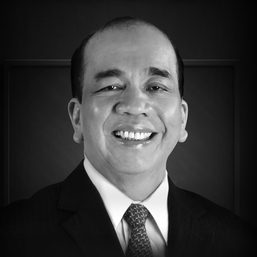


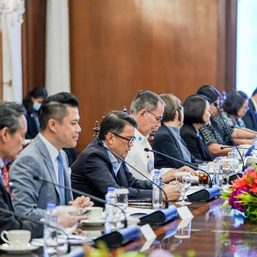
![[OPINION] The First Mode conundrum](https://www.rappler.com/tachyon/2024/03/tl-first-mode-conundrum-03232024.jpg?resize=257%2C257&crop=283px%2C0px%2C720px%2C720px)

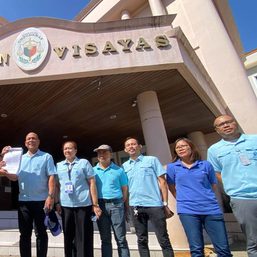
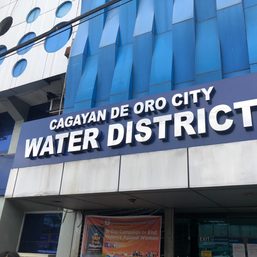
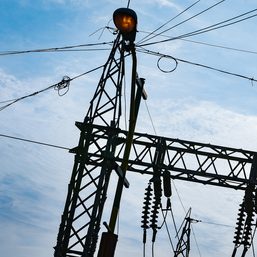
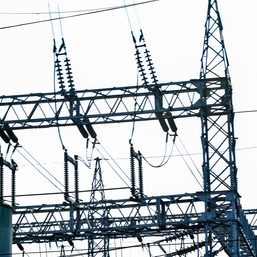
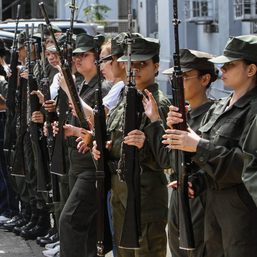

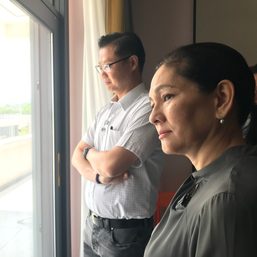



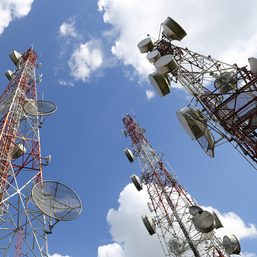

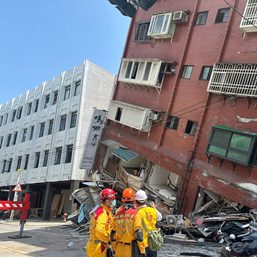

There are no comments yet. Add your comment to start the conversation.